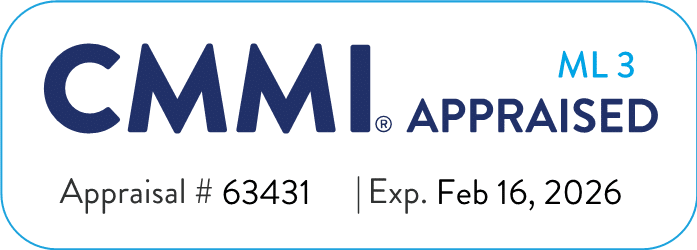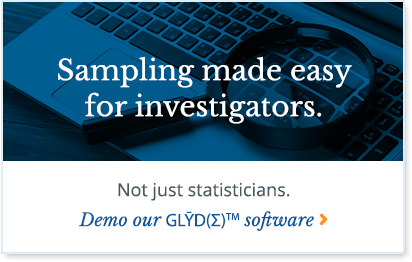Network Adequacy: Meeting Requirements and the Impact of the ACA
The Affordable Care Act directed the Secretary of Health and Human Services to establish criteria for certification of qualified health plans, to include (1) ensuring a sufficient choice of providers and (2) providing information to enrollees and prospective enrollees on the ...
Using the CIGIE Quality Standards for Inspection and Evaluation
It is important for every industry to have a framework of quality standards by which to measure performance and to establish credibility. Most people have heard of the Yellow Book, or The Generally Accepted Government Auditing Standards, that is used by audit organizations. ...
How Effective are Criminal Background Checks Really?
A U.S. Department of Health and Human Services Office of Inspector General (OIG) report from October, 2012 offers some interesting insights into the usefulness of criminal background checks for nurse aides. To get to these insights, some setup is needed.
Nurse aides work in ...
Medicaid Health Homes Program Operation
Section 2703 of the Affordable Care Act created an optional Medicaid State Plan benefit – Health Homes – to coordinate care for individuals who have Medicaid and have:
2 or more chronic conditions;
1 chronic condition and are at risk for a second; or
1 serious and pers...
Healthcare Secret Shopping: An Effective Tool for Detecting Fraud and Abuse
The Government Accountability Office (GAO) made headlines recently when sharing news that 11 of 12 fictitious applicants obtained coverage for health insurance through the Federal marketplace. GAO targeted the Federal marketplace with secret shopping – constructing fictitious...
Medicaid Encounter Data Problems Continue
In May 2009, the U.S. Department of Health and Human Services Office of Inspector General (OIG) released a report regarding Medicaid managed care encounter data. The OIG found all 40 States with capitated managed care reported collecting encounter data from their managed car...
Ambulance Billing Fraud and False Claims
Medicare ambulance claims, just like everything involved with Medicare, must meet certain requirements to be considered valid ambulance transport claims. The main factor is the transport must be considered “medically necessary” under Federal Law. To do this, two specific crit...
Inappropriate Medicare Payments for Chiropractic Services More Common than Other Services
In May 2015, the U.S. Department of Health and Human Services Office of Inspector General (OIG) issued a report finding all claims for the provider under review failed to support medical necessity. OIG concluded virtually all payments the provider received were unallowable.
W...
Electronic Health Record Challenges: A Look at EHR Fraud, Security Issues, & Adoption Barriers
Since the late 20th to early 21st century, reports such as “To Err is Human” by the Institute of Medicine have been published and have advocated the adoption of electronic health records (EHRs). EHRs offer tools to mitigate human error, be a medium to share personal medical re...
Medicaid Dental Fraud, Waste and Abuse Reporting
OIG has just released the last in a series of four Medicaid dental fraud reports. The reports identified dentists and orthodontists with questionable billing practices in New York, Louisiana, Indiana, and California. These reports are just one part of OIG’s multi-faceted app...











